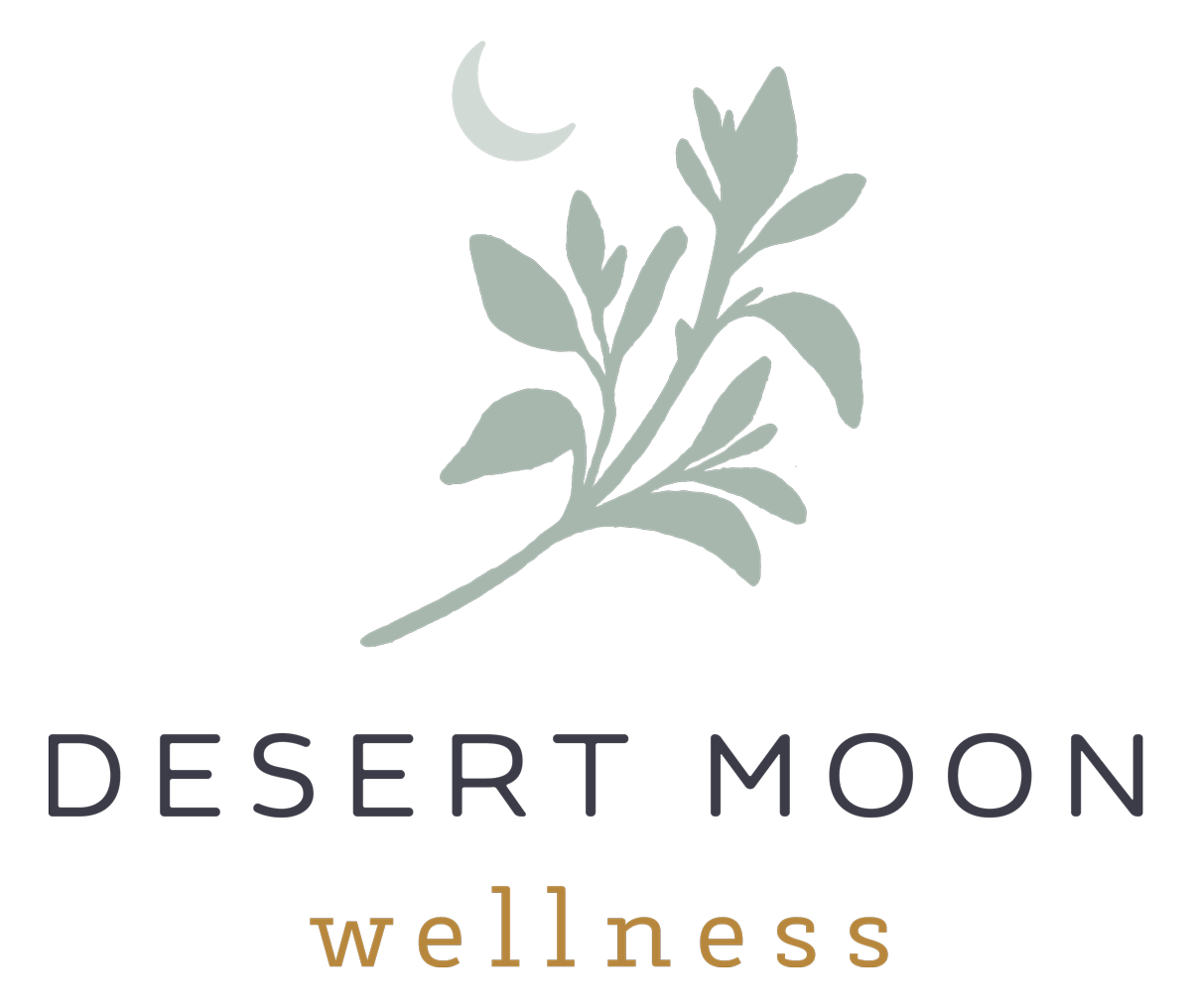Why Write a Journal
There are a myriad of reasons why keeping a journal is beneficial as a cognitive, emotional, behavioral, and mindfulness tool.
Believe it or not, there’s actually been considerable research conducted on the effectiveness of expressive writing! While I won’t share a bunch of statistics with you today—maybe soon—I would like to share more about why writing is supportive for well-being of body, mind, and soul from my own lived experience.
So, why keep a journal?
Here are some of the many reasons:
Journaling helps to effectively manage anxiety in a healthy way
Journaling helps to reduce stress
Journaling helps to cope with and better understand feelings of depression
Journaling helps create a space to celebrate wins, reflect on gratitude, and build on existing strengths
Journaling helps empower you, creating greater awareness of your symptoms and improve your mood by:
Helping you prioritize problems, fears, and concerns
Tracking any symptoms day-to-day so that you can recognize triggers and learn ways to better control them
Providing an opportunity for positive self-talk and identifying negative thoughts and behaviors
Discover the writer within you. Your journal doesn’t care if you spell words correctly, put commas in the right places, or scribble in the margins. If you’ve told yourself for years that writing is boring or that you’re not good at it, give yourself one more chance!
Keep a record for the future of how your life unfolds. There’s something magical about going back into your life and observing it from the vantage point of some point in the future.
Get to know the different parts of yourself. We all have wardrobes full of mental and emotional costumes, and we dress up to fit the changing circumstances of our lives. Your journal can help you befriend and integrate your various “parts.”
A journal is a friend in need. Not only is your journal always there waiting for you, but it’s a valuable tool in the process of growth. You’ll find there’s always a friend at your fingertips, ready to listen and console.
Heal your relationships. Your journal provides a safe forum to ventilate strong feelings that may not be appropriate for direct expression. This leaves you sane and sensible for an actual conversation, in which you’ll likely be able to speak assertively and listen attentively.
Access information stored in your subconscious and unconscious minds. Your conscious mind is like the tip of an iceberg. It’s all you’re aware of, but it’s just a tiny fraction of what’s actually there. Journal writing is an excellent way to access and draw information from other levels of your awareness.
Explore your dreams. Any journal technique that you would use in your waking life can be adapted for its dreaming counterpart. Let your journal serve as scribe as you venture down “the royal road” of dreams.
Develop your intuition. Intuition, your sixth sense, does not communicate to you in the same way as your other five senses. Rather, it communicates in images, symbols and inner sensings. Exploring these through writing gives you access to your intuitive gifts.
Maximize time and efficiency. Most of the popular speakers on the motivational circuit tout journal writing as a secret of success. As a time and task management tool, your journal has few peers. Oprah Winfrey, Tony Robbins and Steven Covey are only three of the highly successful people who rely on their journals as essential to their professional and personal achievements.
Explore your creativity. Your journal is a generous canvas for expressions of creativity you thought were nonexistent or buried forever. Write a poem, paint a picture, make a collage, doodle a cartoon!
Track the cycles, patterns and trends of your life. With some forethought and a commitment to chart yourself for a few weeks or months, you’re likely to find valuable information about your own rhythms and patterns.
Get in touch with feelings, develop spontaneity, master self-discipline, try on new behaviors, imagine your own possibilities....
Connect with nature and the world around you by opening your senses, capturing this experience by putting pen/pencil to paper.
Recover your health in a consistent, easily accessible way.
The list goes on and on. But the very best reason to write is the one that appeals to you – right now! So, what would you add to the list?


